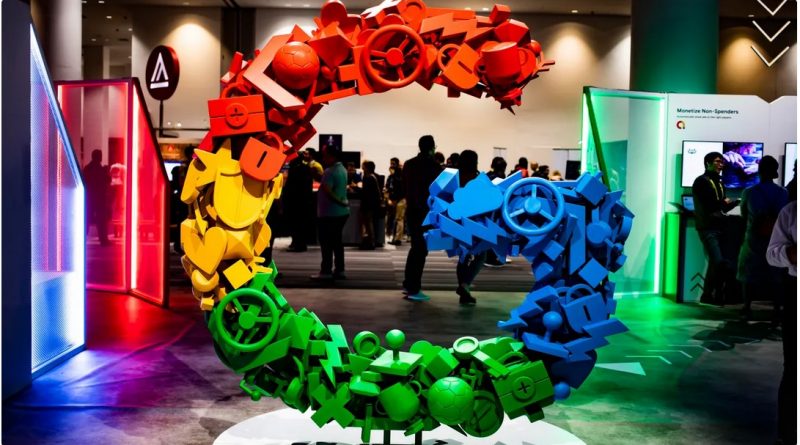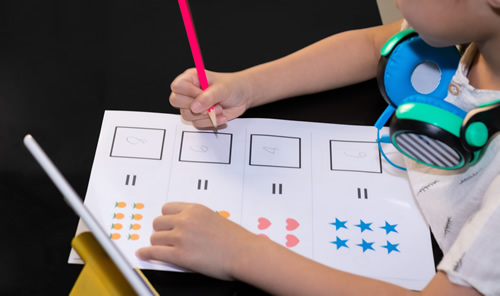Google Unveils Bard, Its ChatGPT Rival for AI-Powered Conversation
With a Microsoft event Tuesday expected to center on ChatGPT, the AI chatbot war is heating up.
Google on Monday released Bard, its own AI chatbot similar to ChatGPT, as the race to expand the use of artificial intelligence shifts into high gear.
“Bard seeks to combine the breadth of the world’s knowledge with the power, intelligence, and creativity of our large language models,” Google Chief Executive Sundar Pichai tweeted Monday. “It draws on information from the web to provide fresh, high-quality responses.”
Bard is Google’s response to the skyrocketing interest in AI chatbots thanks to the November release of ChatGPT, which has captured the imagination of millions of people due to its human-like responses and easy interface. Bard, ChatGPT and another AI chatbot developed by China’s Baidu represent the next step in how we interact with AI and technology, potentially changing everything from search to education to work. Microsoft is hosting an event Tuesday where the company is expected discuss its own integration of OpenAI’s ChatGPT into its Bing search engine.
Google talked up its own system on Monday. The power behind Bard is Google’s Language Model for Dialogue Applications, aka LaMDA. The company said its new AI will use information on the web to craft novel responses — creative, detailed or sometimes both — to questions.
Bard will be available Monday to selected testers and then to the public in the coming weeks.
Bard is based on a lightweight version of LaMDA that uses less computing power, allowing it to scale to more people and provide additional feedback, according to a blog post by CEO Sundar Pichai. That feedback, Pichai said, will be critical to meeting Google’s “high bar for quality, safety and groundedness in real-world information.”
The goal is not to monetize Bard at the moment, according to a Google spokesperson. The company didn’t share details on ads or how Bard could be monetized in the future. The Google spokesperson said the company wants a healthy online ecosystem, and as it develops AI tools, sending search traffic to creators and news publishers will be a priority.
The ChatGPT angle
Don’t expect Google rival Microsoft to stand still. On Tuesday, Microsoft CEO Satya Nadella will announce “progress on a few exciting projects” at a press event at the company’s headquarters, according to an invitation. Microsoft plans to integrate ChatGPT into its technology, and this event could be where details are announced.
Screenshots purporting to show how Microsoft will integrate ChatGPT into Bing emerged in recent days. They indicated, among other things, that it will be based on OpenAI’s GPT-4, a newer language model than the GPT-3.5 that ChatGPT currently uses. Microsoft didn’t immediately respond to a request for comment.
Read more: How ChatGpt Could Take Microsoft’s Search Engine Bing Into the Future
ChatGPT uses artificial intelligence technology called a large language model, trained on vast swaths of data on the internet. That type of model uses an AI mechanism called a transformer that Google pioneered. ChatGPT’s success across a range of activities — writing software and passing exams to offering advice, in the style of the King James Bible, on how to remove a sandwich from a VCR — has propelled it into the spotlight, even though its results can be misleading or wrong.
AI technology already is all around us, helping in everything from flagging credit card fraud to translating our speech into text messages. ChatGPT has elevated expectations, though, so it’s clear the technology will become more important in our lives one way or another as we rely on digital assistants and online tools.
Google AI subsidiary DeepMind also is involved. Chief Executive Demis Hassabis told Time that his company is considering a 2023 private beta test of an AI chatbot called Sparrow.
In 2017, Google offered details on the transformers tech, and it’s since become a fixture of some of the biggest AI systems out there. Nvidia’s new H100 processor, the top dog in the world of AI acceleration at least in terms of public speed tests, now includes specific circuitry to accelerate transformers.
The large language model revolution in AI that resulted is useful for language-specific systems like ChatGPT, Google’s LaMDA and newer PaLM, and others from companies including AI21 Labs, Adept AI Labs and Cohere. But large language models are used for other tasks, too, including stacking boxes and processing genetic data to hunt for new drugs. Notably, they’re good at generating text, which is why they can be used for answering questions.
Google, which endured bad publicity over the departure of AI researcher Timnit Gebru in 2020, has a program focusing on responsible AI and machine learning, or ML, technology. “Building ML models and products in a responsible and ethical manner is both our core focus and core commitment,” Google Research Vice President Marian Croak said in a January post.
Google is keen to tout its deep AI expertise. ChatGPT triggered a “code red” emergency within Google, according to The New York Times, and drew Google co-founders Larry Page and Sergey Brin back into active work.
Source: https://www.cnet.com/tech/computing/google-unveils-bard-its-chatgpt-rival-for-ai-powered-conversation/




